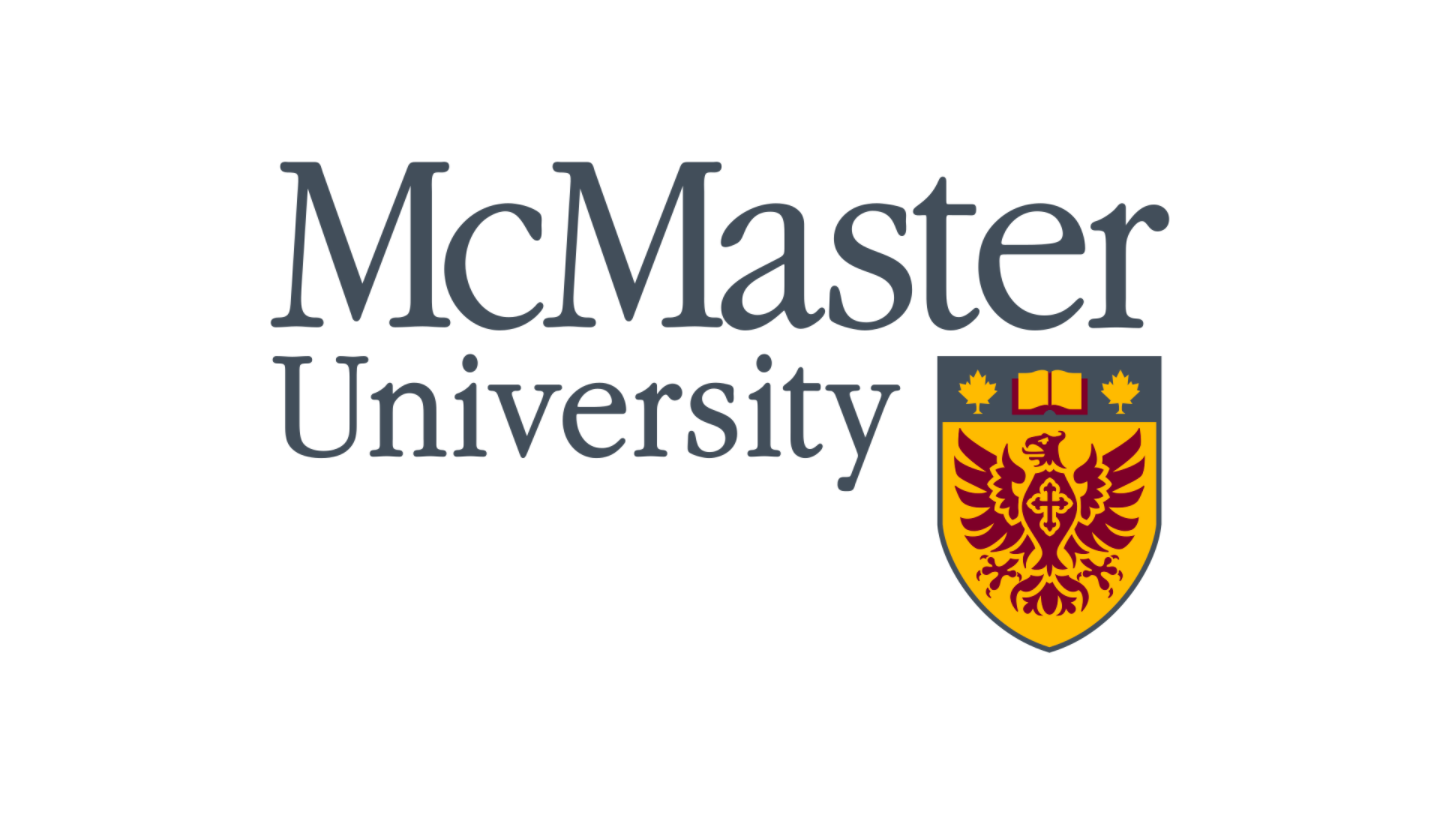At the core of our mission lies the firm belief that organic waste management and renewable energy are important parts of the fight against climate change. As pioneers in the field of anaerobic digestion and biogas production, our dedicated research and development team strives to increase the productivity of biogas plants. Through the integration of state-of-the-art technologies into our processes, we explore novel ideas and emerging innovations, aiming to revolutionize the conversion of organic waste into energy and nutrient recovery capabilities.



